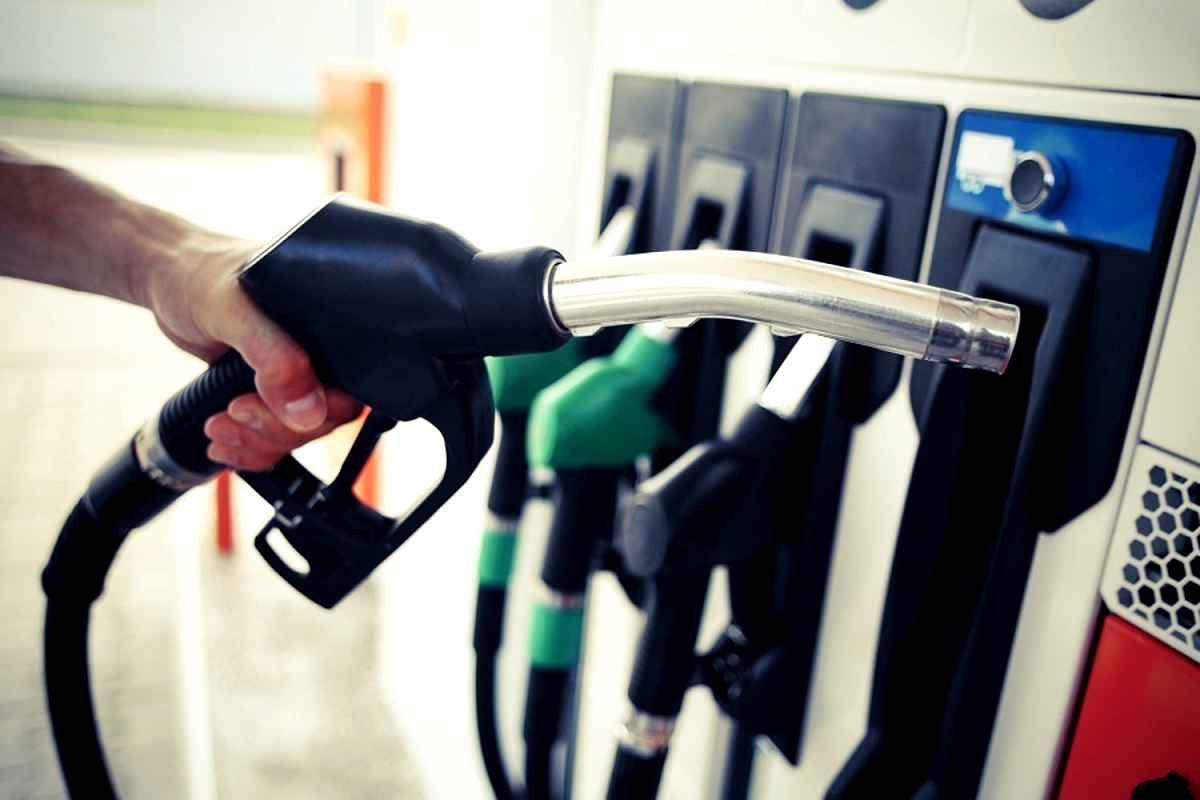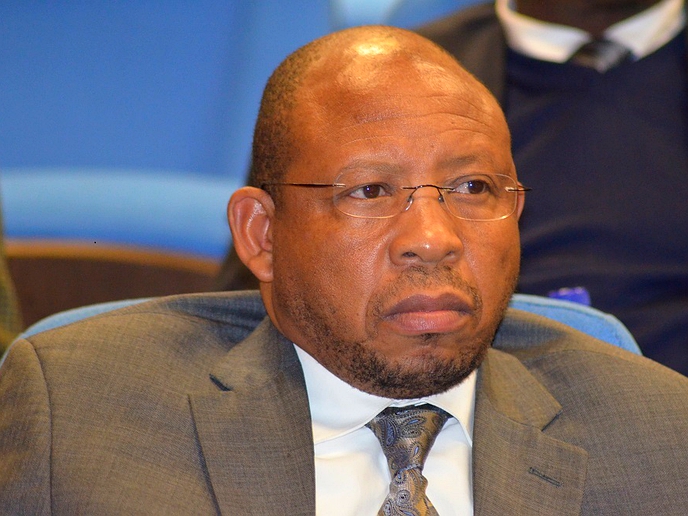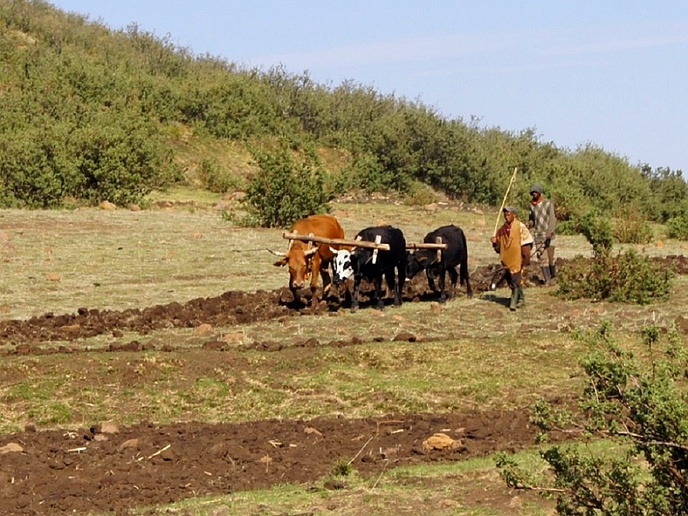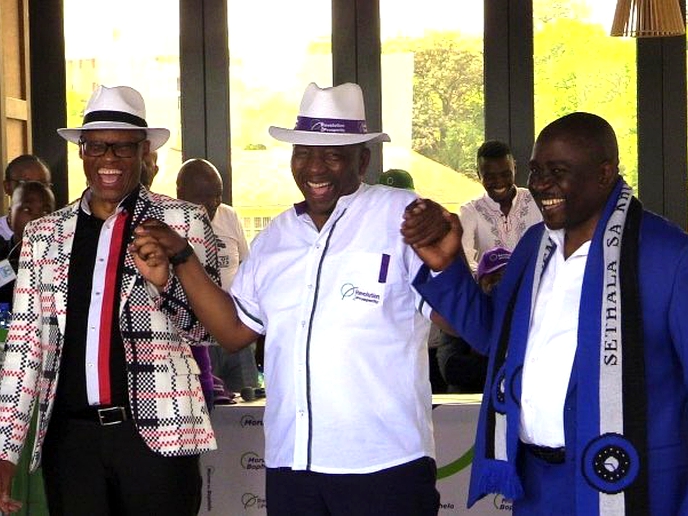THE distribution of the fuel subsidy by government worth M180 million over six months begs the question: who benefits?
comments
June 17, 2022
EDITOR
3 min read
Fuel subsidy: who benefits?

Story highlights
We should note that social spending like subsidisation is prone to inefficiencies and errors as it is not easy to analyse or quantify. You might argue that social spending like healthcare, roads, water and education are priorities but how do you justify who the real beneficiaries of fuel subsidies are, except motorists?
Ideally, if the full benefit of the fuel subsidy should pass on to consumers, it would lower the prices charged and increase the quantity demanded. But will this be the case? At the given pump prices, whether they are fixed or not, government’s subsidy is difficult to analyse since the production costs are obviously not constant.
Yet, we are not sure how the M30 million a month is going to be transacted apart from the fact that government is only going to sacrifice some of the levies indirectly taxed on the motorists. It simply means that no amount of money is going to go out of government’s coffers, instead the Petroleum Fund is going to forgo some of the levies that should add up to M180 million at the end of December.
It could also be argued that government decided to subsidise fuel because it was an easy picking or just that our leaders have a herding behavior following everything that Pretoria or Cape Town does. Why didn’t they subsidise maize meal, a staple food for many households including the most vulnerable? Why didn’t they give cash directly to the poorest people, the handicapped and the elderly as they did in the past?
Certainly subsidies interfere with consumer choices.
If it is the car owners who are going to benefit, what about those that do not own vehicles? Or what if commuters oppose imminent taxi fare increases since taxi operators are some of the direct beneficiaries of the fuel subsidy? It seems the fuel subsidy is discriminatory and only cash could be given to the poor commuter who travels to the textiles factories each day. Alternatively, income transfers could be made directly to taxi operators on condition that they do not increase taxi fares in the next six months.
Enjoy our daily newsletter from today
Access exclusive newsletters, along with previews of new media releases.
If government’s intention is to really distribute resources under the circumstances, fuel subsidy is not a priority for many families. This has been a bad choice for the state as there are bread and butter issues where social spending could be channeled to. For a poor country, many families still attach value to nutrition and food consumption.
Assuming associated positive externalities, the private benefit of fuel consumption to a poor Mosotho is thus lower than the consumption of the fuel levy to a sports car owner, all things being equal. It is an indictment on the government to justify whether the positive externalities of the fuel levy will be of social benefit to thousands of poor Lesotho households. Could a cash transfer have been a better option? Or better still where would the money come from?
Tailored for you






